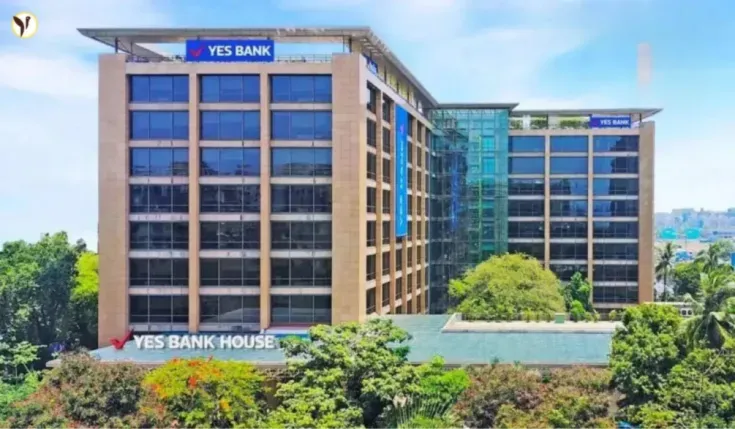Sumitomo Mitsui's Historic Investment in YES Bank: Reshaping India's Private Banking Landscape?
In a move that could significantly alter the Indian banking scene, Sumitomo Mitsui Banking Corporation (SMBC), a Japanese financial giant, is reportedly close to acquiring a majority stake in YES Bank. This potential deal marks not only SMBC's largest investment in India but also a pivotal moment for Indo-Japanese financial relations. The implications are far-reaching, promising to redefine private banking in India and potentially attracting further foreign investment.
SMBC's Pursuit of a Majority Stake in YES Bank
SMBC is in advanced discussions to secure a 51% stake in YES Bank. This ambitious acquisition is being carefully coordinated with the State Bank of India (SBI), the current largest shareholder, holding approximately 24% of YES Bank's shares. SBI, since YES Bank's successful recovery from its 2020 crisis, has been actively seeking a strategic partner to ensure long-term stability and growth. Senior executives from SMBC held crucial meetings in Mumbai with SBI and other stakeholders to finalize the deal's terms.
- Key Players: SMBC, YES Bank, SBI, and other significant shareholders.
- Deal Structure: SMBC aims for a 51% controlling stake, triggering an open offer for an additional 26% under Indian securities law.
Regulatory Hurdles and the Open Offer
The proposed transaction must navigate several regulatory hurdles. Indian regulations mandate an open offer when a company acquires control, obligating SMBC to offer to buy up to another 26% of YES Bank's shares from public shareholders. This could potentially increase SMBC's overall holding to 77%, depending on public participation. The Reserve Bank of India (RBI) has reportedly offered informal support, though voting rights would likely be capped at 26% to adhere to existing FDI guidelines. This approach mirrors previous instances where foreign investors acquired significant economic interest but with restricted governance rights.
- RBI's Stance: Informal support with a likely cap on voting rights to 26%.
- Open Offer Implications: Could significantly increase SMBC's ownership, making it the largest shareholder in a major Indian private sector bank.
YES Bank's Transformation and Future Leadership
The timing of the deal coincides with the impending retirement of YES Bank's CEO, Prashant Kumar, in October 2025. Following the acquisition, SMBC is expected to propose new leadership, subject to RBI approval. In preparation for this transition, SMBC has elevated India's operational status within its global organization, signaling its long-term commitment to the Indian market.
- Leadership Change: Expected transition in leadership after Prashant Kumar's retirement.
- India's Strategic Importance: SMBC's upgraded operational status reflects its growing focus on the Indian market.
YES Bank's Financial Performance and Growth Strategy
YES Bank has demonstrated significant financial resilience in recent years. Deposits have soared to Rs 2.85 trillion (as of FY25), showcasing robust customer confidence. A strategic shift towards retail and SME lending, now accounting for about 60% of its loan book, has been a key driver of this growth. This customer-centric approach, coupled with strong risk management, is expected to continue attracting investors like SMBC.
Conclusion: A Pivotal Moment for Indian Banking
The potential SMBC-YES Bank deal represents a substantial foreign direct investment in India's private banking sector. It signals growing global confidence in the Indian economy and could potentially spur further foreign investment in the financial sector. While the deal awaits finalization and regulatory approvals, its impact on the Indian banking landscape promises to be profound. The recent clarification issued by YES Bank, stating the discussions are preliminary, adds a layer of uncertainty, but the potential remains significant. Further developments will be closely watched.






